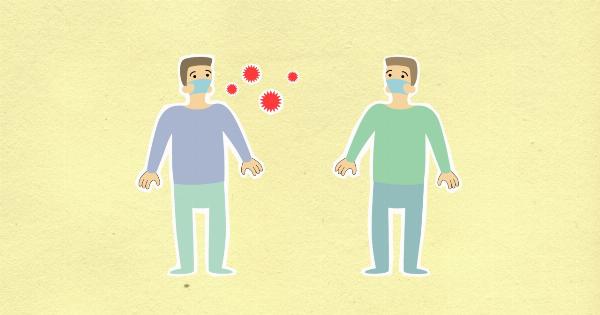A flu epidemic has hit high-risk groups across the country, causing five deaths so far. According to the Centers for Disease Control and Prevention (CDC), the flu season typically begins in October and can last until May.
This year’s flu season is particularly severe, with reports of high fevers and aches.
Who is at risk?
The flu is highly contagious and can affect anyone. However, certain groups are at a higher risk of developing complications from the flu. These groups include:.
- Elderly people (age 65 and over)
- Pregnant women
- Children under the age of five
- People with weakened immune systems
- People with chronic medical conditions such as asthma, diabetes, and heart disease
What are the symptoms of the flu?
The symptoms of the flu include:.
- Fever
- Cough
- Sore throat
- Runny or stuffy nose
- Body aches
- Headache
- Fatigue
Symptoms can vary from person to person and can range from mild to severe. In severe cases, flu can lead to complications such as pneumonia, bronchitis, and even death.
How can you prevent the flu?
The best way to prevent the flu is to get vaccinated. The flu vaccine is recommended for everyone over the age of six months.
It is especially important for high-risk groups to get vaccinated as they are more susceptible to developing complications from the flu.
Other ways to prevent the flu include:.
- Washing your hands frequently with soap and water
- Avoiding close contact with people who are sick
- Covering your mouth and nose when you cough or sneeze
- Cleaning and disinfecting frequently touched objects and surfaces
What should you do if you get the flu?
If you develop flu-like symptoms, stay home and rest. Avoid close contact with others to prevent the spread of the virus. Drink plenty of fluids and take over-the-counter medications to relieve symptoms such as fever and body aches.
If you are at high risk of developing complications from the flu, or if your symptoms are severe, seek medical attention right away. Your doctor may prescribe antiviral medication to help reduce the severity and duration of your illness.
What is the outlook for this year’s flu season?
According to the CDC, flu activity is currently high across many parts of the country. The agency is urging everyone who has not yet been vaccinated to get vaccinated as soon as possible.
The flu vaccine is still available and can help prevent illness and reduce the severity of symptoms if you do get sick.
It is important for everyone to take steps to prevent the spread of the flu. This includes staying home if you are sick, covering your mouth and nose when you cough or sneeze, and washing your hands frequently.
Conclusion
The flu can be a serious illness, especially for high-risk groups. It is important to take steps to prevent the spread of the virus, including getting vaccinated, washing your hands frequently, and covering your mouth and nose when you cough or sneeze.
If you do get sick, stay home and rest, and seek medical attention if your symptoms are severe or if you are at high risk of developing complications.

























